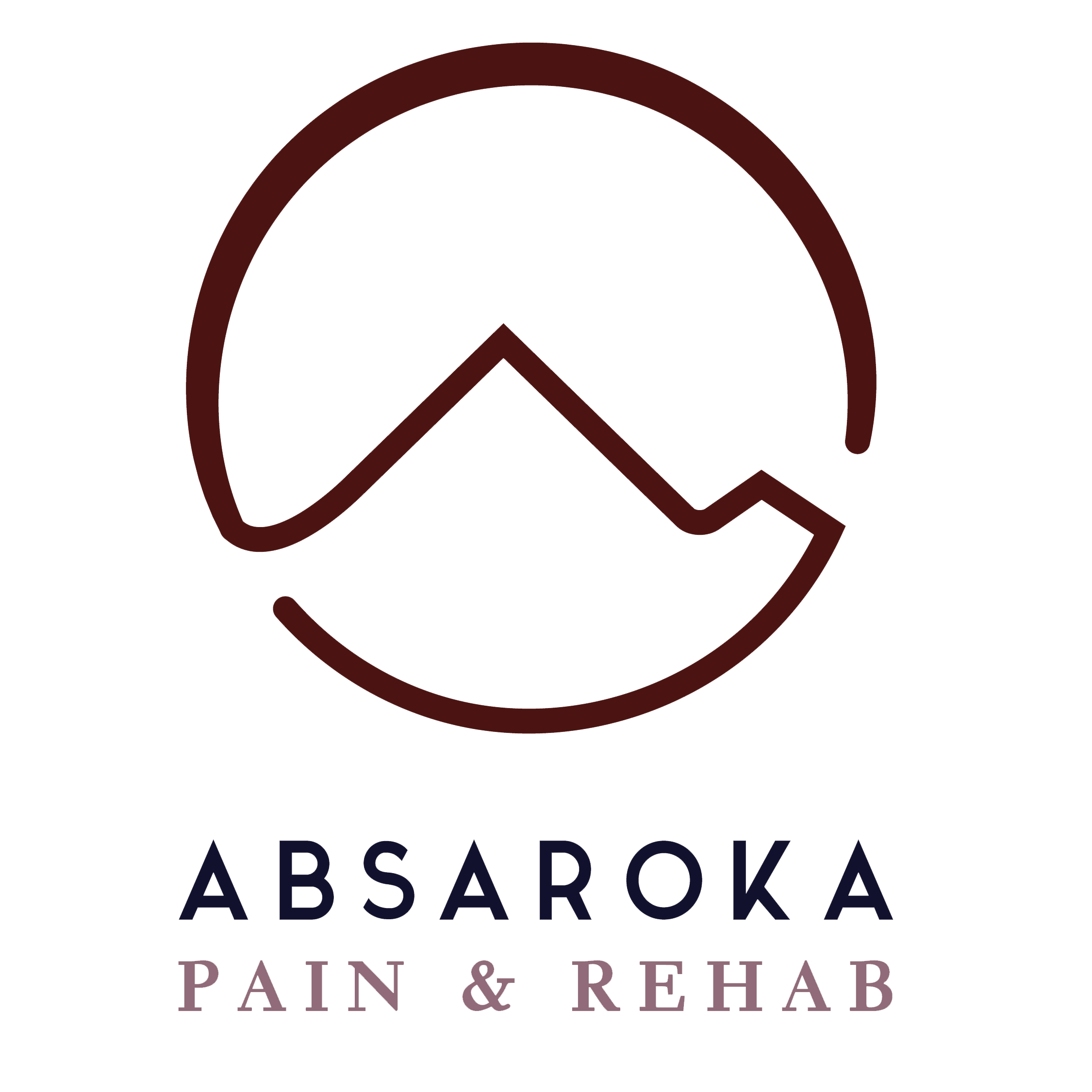While there are thousands of Americans walking around with Forward Head Posture every day, from toddlers to senior citizens, many are completely unaware that they are dealing with this condition. More often than not, they will experience some of the most common symptoms of Forward Head Posture without understanding the root cause of their pain and discomfort. And while Forward Head Posture isn’t the guaranteed culprit of these symptoms, it’s extremely common. The more we text, work from our laptops as we slouch down in our computer chairs, and mindlessly scroll through social media, the more you can bet that Forward Neck Lean has something to do with the discomfort you may be facing. That’s why today we’re looking at the five most common symptoms associated with Forward Head Posture and what causes them to take place in the body.
The Five Most Common Symptoms of Forward Neck Lean
Headaches
While your headaches can be tied to a myriad of causes, headaches might just take the cake for top symptom of Forward Neck Lean. Patients with this condition are usually fighting overly tight and fatigued muscles, from the base of the skull, through the neck, even into the shoulders and back. As the muscles in your neck elongate and become weaker, they are simultaneously having to do more work to fight the off the pull of gravity. The result? Muscles that have to operate at a much higher demand, which in turn cases irritation in muscles and their attachment points. This strain can cause chronic headaches to develop. If you are suddenly experiencing frequent headaches that aren’t tied to dehydration, stress, hormonal changes, skipping meals, or other common causes frequently associated with headaches, you may want to take a look at your posture as the responsible party.
Numbness in the Arms and Hands
Ever found yourself sitting at the computer, working away, whenever your arm suddenly goes cold and numb? Maybe you thought you were having an inexplicable heart attack at the young, healthy age of 35. To your surprise, you find yourself completely fine a few minutes later, no major cardiac arrest to speak of.
What you could be experiencing is the result of Forward Neck Lean. As you lean your head forward, you put an inordinate amount of strain on your neck. To try and help carry some of the load, your spine will round out as it tries to distribute the weight of your skull tipping forward. Aside from bad posture, this can create disc bulges that result in the narrowing of the small spaces where your nerves exit your spine. This increased tension on the nerve at their exit points can cause nerve damage, resulting in the mysterious numbness that then occurs in the arms and or hands.
Shoulder Pain
Shoulder pain is another common symptom of Forward Neck Posture. As we stated previously, when your head drifts forward away from your body, it puts an abnormal strain on your neck that your spine will try to compensate for by rounding out. As the spine becomes round and poo posture occurs, the shoulders will automatically roll forward. This greatly changes the mechanics of your body as it binds up the shoulder joint. If your shoulders are rolled forward but you continue to exercise the joint by doing daily activities like reaching above your head, you could end up with a torn rotator cuff or inflamed bursa. Once irritated, it becomes very difficult to get rid of the inflammation in the tissues and remodel them back to normal. This is often seen in people who spend all day on the computer working with a mouse, or any trade that works with their hands—especially those involving fine motor skills—such as mechanics, plumbers, electricians, and more.
Neck Pain
As previously stated, the more your head moves into a forward position, the more elongated the muscles in your neck become. However, as your posture is making them weaker, they are simultaneously having to do more work to fight off the effects of gravity. As these muscles work throughout the day, operating at a much higher demand, irritation in muscles and attachment points begins to develop. You may experience irritation or pain the base of the skull where it meets the top of your cervical spine, at the attachment points of the shoulder, even at the transverse processes in your cervical spine, all the way down to your first rib.
Dizziness or Lack of Coordination
While this one isn’t as obvious, vertigo or spells of dizziness can be due to Forward Head Posture. As the head moves forward, its positioning results in a decrease of blood flow to the basilar artery, or more simply put, the artery that supplies blood flow to your cerebellum. The cerebellum acts as the balance center of your brain. Without a healthy blood supply, it becomes increasingly more difficult for brain to automatically control the way the muscles in your body act in space.
The cerebellum registers space and how to instruct the body within it through the constant influx of information. It is constantly registering how long a muscle is, as well as getting constant feedback from ligaments, tendon attachments, and the muscle spindle itself. All of this information combines within the cerebellum to result in the smooth, effortless balance of your body. When you have decreased blood flow to the cerebellum, it in turn means you’re getting decreased information, which can result in dizziness.
Diagnosing Your Forward Neck Lean
Again—some of these ailments can be caused by a host of issues. Whether you’re experiencing these symptoms alone or in clusters, it’s important to get diagnosed by a professional. If Forward Head Posture is determined to be the root cause of any of the discomfort you’re experiencing, it will take an involved therapy plan to treat the effects on your body. With the right approach, a trained physical therapist can help get rid of your pain and work with you on correcting your posture on an anatomical level.
Think you may be experiencing Forward Neck Posture? We would love to help you gain clarity and start your path back to wellness. Give us a call to set up an appointment with one of our trained physical therapists today.

